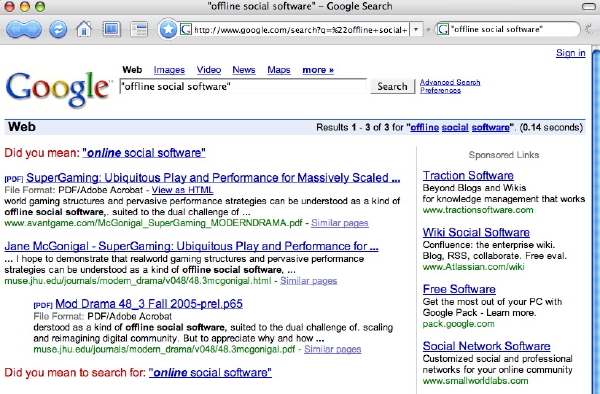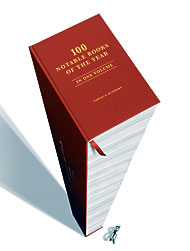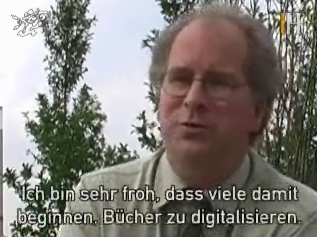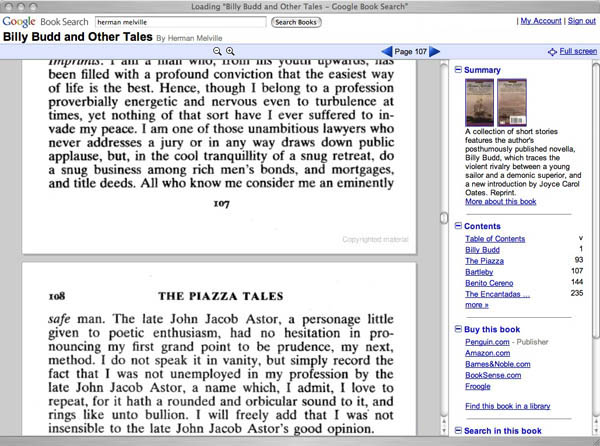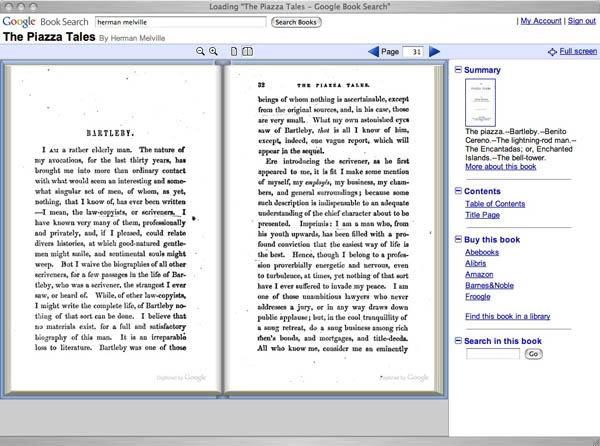From a new Bookforum interview, this is Gore Vidal’s rather grim take on the place of the novel — or novelist — in public life:
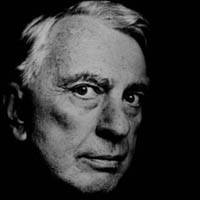
BOOKFORUM: You write in Point to Point Navigation that you were once a “famous novelist,” by which you don’t mean you’ve stopped writing novels. You say, “To speak today of a famous novelist is like speaking of a famous cabinetmaker or speedboat designer.”
GORE VIDAL: Yes. There’s no such thing as a famous novelist.
BF: But what about a writer like Salman Rushdie?
GV: He’s moderately well known, but he’s not read by a large public. He’s very good, but “famous” has nothing to do with being good or bad.
BF: A few critics have declared the American novel dead.
GV: I don’t think the novel is dead. I think the readers are dead. The novel doesn’t interest anybody, and that’s largely because there are no famous novelists. Fame means that you are touching everybody or potentially touching everybody with what you’ve done–that they like to think about it and talk about it and exchange views on it.
It’s interesting to consider that that particular kind of 1950s fame that Vidal the novelist (he wears many hats) so enjoyed may have had less to do with the novel as a form and more to do with the celebrity culture of television, where, at that time, a serious literary writer could rank among the gods. Perhaps what Vidal, fallen from Olympus, really is lamenting is the passing of a brief but charmed period of media convergence where books were strangely served, rather than undermined (the conventional narrative), by television.
BF: Novelists used to work the nightly talk-show circuit. It’s hard to believe that there was a time in this country when writers were regarded as celebrities.
GV: I started all of that. I was the first novelist to go on television back in the ’50s, on The Jack Paar Show and The Tonight Show Starring Johnny Carson.
At that time, the power of television was concentrated in a tiny handful of big networks. People shared a small constellation of cultural reference points in a mass media market. Then came cable, the internet, YouTube, the long tail. Is today’s reading public really dead or just more atomized? Have our ways of reading become fragmented to the point that we can no longer be touched all at once by a single creative vision — or visionary?
But wait — couldn’t Oprah, if she chose, launch a book into the center of a national discussion? And what about the web? What can it do?

